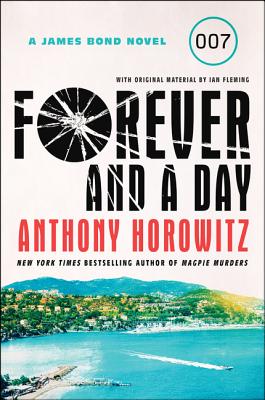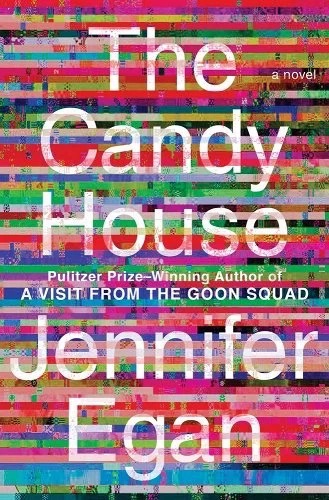Reader’s Notebook, 4/11/23

Africa Is Not A Country – Dipo Faloyin
Those of you who read these posts should know I’m perpetually behind, and even after nearly 20 years I’m still not smart enough to jot down my thoughts about a book shortly after finishing it. So the first entry in each post is usually going to be about four weeks old and my thoughts about it murky.
That’s the case with this, a very good book written by a native African raised in London about how the rest of the world views his ancestral continent. The constant theme throughout the book is how the white, western world often views all of Africa through a series of stereotypes. As Faloyin points out, not every country had the same colonial experience, history with slavery, process of gaining independence, experience with democracy, or has the same racial/ethnic makeup and resulting issues. Yet we always want to apply the same filters when we are looking at the problems African countries face.
He also gets into the history of the continent, specifically how colonialism royally fucked things up. There’s also a chapter about the misguided, if well-intended, aid programs that often come from grass roots movements in the west. One example was the Kony 2012 group, created by Americans to help oust the militant Joseph Kony from Uganda. Only problem was Kony hadn’t been in Uganda for six years. The movement was hyper-focused on this one, unattainable goal rather than going to Uganda and asking people there how they could help make the country a better place and protect its people.
Anyway, this was both a very good and fun read. Faloyin has a great writing style that made the book a joy to work through.


Trigger Mortis – Anthony Horowitz
Forever and a Day – Anthony Horowitz
Two modern James Bond novels, or at least written in the past few years. I’ve read similar efforts by other authors, but Horowitz is the only writer who gets them right.
Both books take place in the 1950s, early in Bond’s career. Both feature tidbits from Ian Fleming’s notebooks that his estate allowed Horowitz access to. And they both very much fit the aesthetic of Fleming’s early Bond novels, from the precise references to the consumer goods and fashion that 007 prefers to the general vibe of the era.
Horowitz updates his Bond a bit. He’s far less chauvinistic and cold than Fleming’s Bond. Minorities are treated with respect rather than disdain. There’s even a gay character that is one of Bond’s closest confidants rather than an overly affected person who is evil at their core.
That may trigger the woke alarms on some people, but I’m not sure why a book written in the 2020s that takes place in the 1950s has to mimic the most unfortunate beliefs of that time if they aren’t a key part of its plot.
The stories are quite good. They are page turners, to be sure. But they have some depth, are at least anchored in the vicinity of reality, and are fun to tear through.
I have one more Horowitz Bond novel to get to, then I’m going to check out some of his other thrillers. They seem like they will be good pool reads over the coming months.

The Candy House – Jennifer Egan
Boy do critics love Egan. And for the third time I came out lukewarm about one of her books.
Apparently this has some repeat characters from her earlier book A Visit From the Goon Squad, but since I read that 13 years ago I didn’t make those connections.
Again she has written about a series of people and moments that all have connections. I haven’t gone back to read my thoughts about her earlier books, but I bet I struggled to find a point to those books. That sure is what happened here. I enjoyed how she slowly presented these people. I couldn’t ever see a real point to them or their stories, though. I know she was making a statement about how our relationship with our memories affects us. But there was never any real plot, just another character with their set of stories.
The writing was very good. There was just no plot train pulling those words along that kept me engaged.